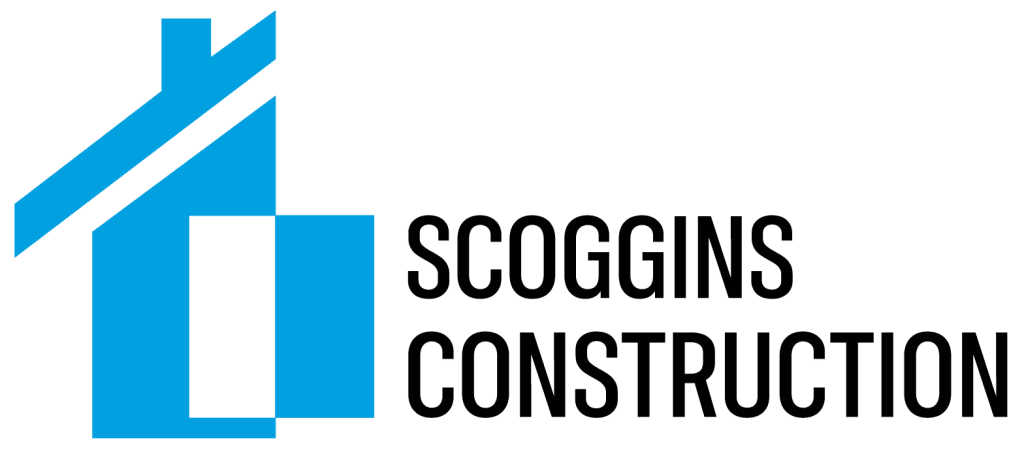Essential Tips for Hiring a Reliable Roofing Contractor
When undertaking a roofing project, whether for new construction or a repair, selecting the right contractor is paramount. A reliable roofing contractor ensures the job is executed to the highest standards, minimizing risk and maximizing the lifespan of your roofing system. In a sector increasingly influenced by technological advancements, making an informed decision involves more than assessing experience and references. This guide provides essential tips for hiring a trustworthy roofing contractor, incorporating modern tools and best practices to streamline the selection process.

1. Verify Licensing and Insurance
A fundamental criterion for hiring a roofing contractor is ensuring they are properly licensed and insured. This not only confirms their legitimacy but also protects you from potential liabilities.
- Licensing: Ensure the contractor holds a valid license issued by relevant local or state authorities. Licensing requirements vary, but generally, it signifies that the contractor meets specific industry standards and regulations.
- Insurance: The contractor should carry both general liability insurance and workers’ compensation insurance. General liability insurance protects you from damage to property, while workers’ compensation covers injuries sustained by workers on your premises.
- Modern Tip: Utilize online databases or verification tools to quickly check the contractor’s licensing and insurance status. Many states have searchable online platforms where you can confirm a contractor’s credentials.
2. Evaluate Experience and Expertise
Experience plays a critical role in the success of roofing projects. Contractors with extensive experience are better equipped to handle a variety of roofing materials and complex installations.
- Experience: Assess the contractor’s track record in handling projects similar to yours. Ask for a portfolio of completed projects and check for examples relevant to your roofing needs.
- Expertise: Inquire about the contractor’s familiarity with specific roofing materials and systems, particularly if you’re considering advanced or high-tech options.
- Modern Tip: Review the contractor’s profile on industry-specific platforms or websites that aggregate customer reviews and project examples. Platforms like Angi or Houzz can provide insights into their expertise and client satisfaction.
3. Review References and Past Projects
Checking references and evaluating past projects are crucial steps in verifying a contractor’s reliability and quality of work.
- References: Request a list of references from the contractor and contact them to discuss their experiences. Ask about the contractor’s punctuality, professionalism, and adherence to the agreed-upon budget.
- Past Projects: Visit completed projects if possible or request case studies that highlight their work. This helps in understanding the contractor’s attention to detail and project management skills.
- Modern Tip: Utilize social media and online review platforms to gather additional feedback. Websites like Yelp, Google Reviews, and industry forums can offer unbiased opinions from previous clients.
4. Assess Technological Competence
Incorporating technology into roofing projects can enhance accuracy and efficiency. A contractor adept in using modern technology is likely to provide superior service.
- Drones: Drones are increasingly used for aerial inspections, providing detailed and accurate assessments of roof conditions. Check if the contractor uses drone technology for inspections.
- Building Information Modeling (BIM): BIM technology allows for detailed digital modeling of the roofing system. Contractors utilizing BIM can offer more precise planning and execution.
- Modern Tip: Ask the contractor about their use of technology in project management and inspections. Innovative tools and software can streamline the process and improve outcomes.
5. Analyze Proposals and Estimates
A detailed proposal and accurate estimate are vital for understanding the scope and cost of your roofing project.
- Proposal: Ensure the proposal includes a comprehensive breakdown of the project scope, materials to be used, labor costs, and a timeline. A well-defined proposal helps in avoiding misunderstandings and ensures transparency.
- Estimate: Compare estimates from multiple contractors to gauge the market rate and identify potential discrepancies. Be cautious of estimates that are significantly lower than others, as this could indicate subpar materials or hidden costs.
- Modern Tip: Use online estimation tools and apps to get preliminary cost estimates. These tools can provide a rough idea of expenses and help you compare them against the contractor’s proposal.
6. Confirm Warranty and After-Sales Support
A robust warranty and reliable after-sales support are crucial for ensuring long-term satisfaction with your roofing project.
- Warranty: Confirm the details of the warranty provided by the contractor. It should cover both materials and workmanship, with clear terms regarding duration and conditions.
- After-Sales Support: Ensure the contractor offers ongoing support and is available for post-installation issues or maintenance. Good after-sales service can significantly impact your overall experience.
- Modern Tip: Check the contractor’s warranty registration process online. Some companies offer digital registration for warranties, making it easier to manage and track.
7. Ensure Clear Communication and Contract Terms
Effective communication and clear contract terms are essential for a smooth project execution.
- Communication: Establish a clear line of communication with the contractor. Regular updates and open dialogue can prevent misunderstandings and ensure the project progresses as planned.
- Contract Terms: Review the contract thoroughly before signing. Ensure it includes all agreed-upon terms, payment schedules, and completion timelines. Avoid signing a contract with vague or incomplete terms.
- Modern Tip: Use digital contract management tools to review and sign contracts. These platforms offer features like electronic signatures and document tracking, enhancing convenience and security.
Conclusion
Selecting a reliable roofing contractor involves a blend of traditional diligence and modern technological savvy. By verifying credentials, assessing experience, evaluating technology use, and ensuring clear communication, you can make an informed decision that ensures the success of your roofing project. Utilizing modern tools and practices not only streamlines the hiring process but also enhances the quality and efficiency of your roofing system. Whether you’re working with Scoggins Construction OK or another reputable firm, these tips will help you secure a trustworthy partner for your roofing needs.



